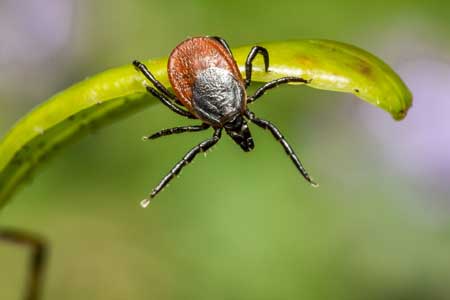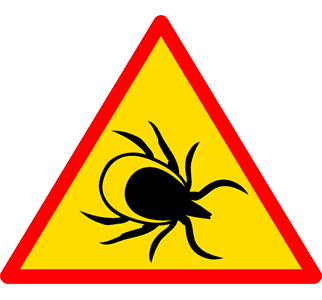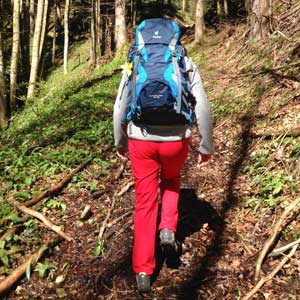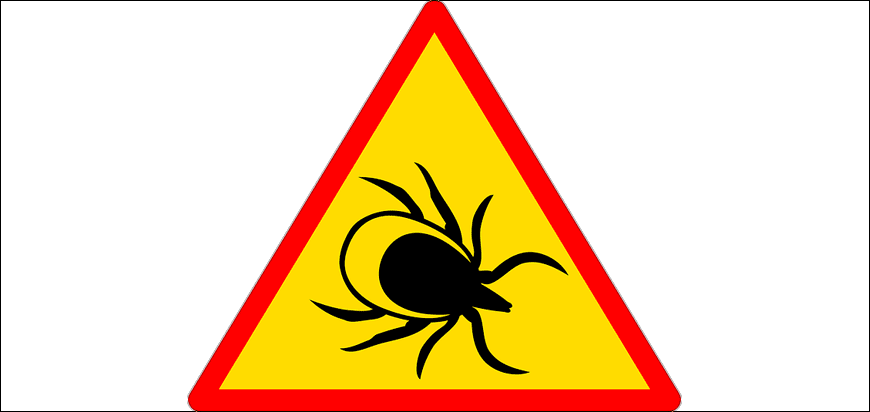If you are living in Bavaria as Spring calls and are active outdoors, one thing to get ticked-off is your prevention measures for tick-related illness!
What are ticks?
Ticks are a type of arachnid (spider) which are parasitic and rely on feeding off the blood off their host in order to survive. In Germany the most common tick is the Castor Bean tick (Ixodes ricinus). This would be harmless except that some carry pathogens which can be passed on to their host. Hence it is really important to be aware of these little critters and take the relevant precautions to minimise risk of any infections.

Ticks Ixodes ricinus
Where do they live?
In Germany they like living in long grasses and undergrowth- often in and around forest and woodland areas. They wait around in these conditions in the hope of finding a bare patch of flesh to get a nice feed- sometimes attaching themselves to clothing and crawling around in search of some exposed flesh.

What’s the problem?
Ticks can carry some pathogens which can be the cause of some serious diseases- in particular tick-borne encephalitis (TBE – FSME in German) and Lyme’s Disease (Borreliose).

TBE- Tick borne encephalitis
- TBE is a virus which can attack the brain and human nervous system.
- Symptoms often appear within one to two weeks of a bite and are similar to a flu- fever, aching muscles, stomach flu.
- It is estimated that approx. 2% of ticks in risk areas carry this virus and the chance of being infected by a tick in this area is 1 in 150.
- There is a vaccine which has been proven to be effective against TBE – see your GP about this and get started with this in advance of the tick season (best of all winter) as a series of three injections are needed within a particular time range.
Lyme’s Disease
- A bacterial infection carried by the tick which causes a wide range of symptoms.
- Signs of Lyme’s Disease include swelling, often a reddish ring shape around the bite location – within a few days or even a few weeks of having been bitten. Other symptoms might be increased fatigue, headaches and fevers.
- There is no vaccine for Lyme Disease, but caught early it can be treated by antibiotics.
What’s the best way to prevent TBE and FSME?
As with all things prevention is better than cure:
- Wear long-sleeved trousers and shirts if passing through tick-prone areas.
- Check yourself for ticks after passing through tick-prone areas- in particular they like warm, damp areas – so don’t forget to check under armpits and around genital areas…
- Also thoroughly check clothing for ticks before putting into the washing basket- we’ve found one hanging out there before!
- If bitten remove tick as soon as possible and with care

The best way to prevent TBE and FSME
How do I remove a tick?
There are a lot of myths out there for correctly removing ticks (e.g. putting vaseline/ oil on top, burning it off…please don’t do it!!)
It is a good idea to always carry either a pair of tweezers, or a special tick removal card with you when you are out and about in tick country.
For the correct technique check the following information:
https://www.zecken.de/en/tick-removal
For more information about ticks check here:
https://www.zecken.de/en/about-ticks
TBE in Europe:
https://www.zecken.de/en/tbe-europe













